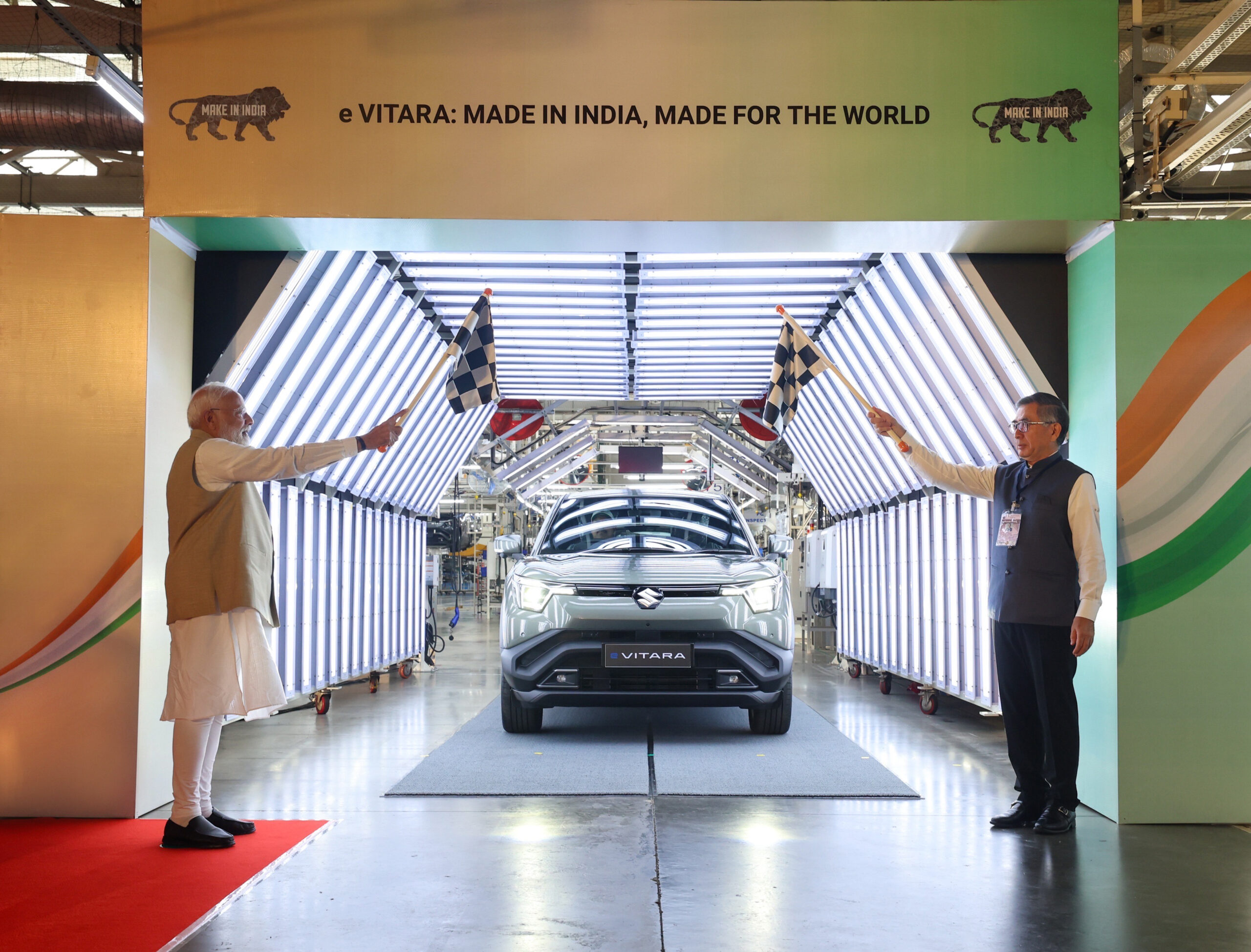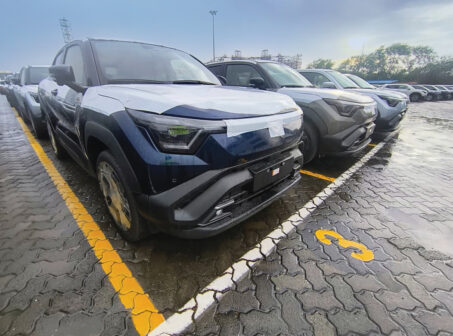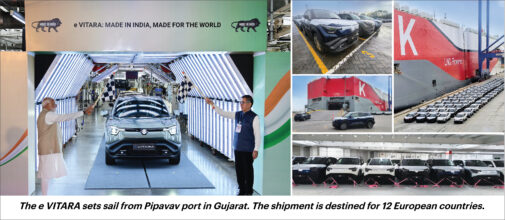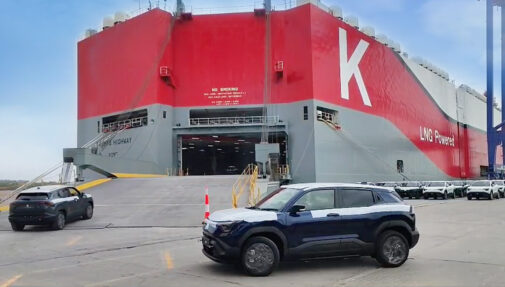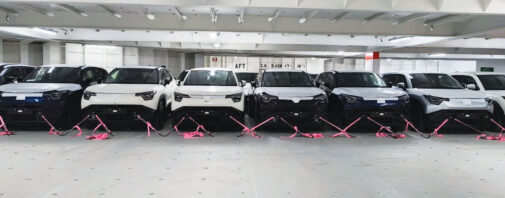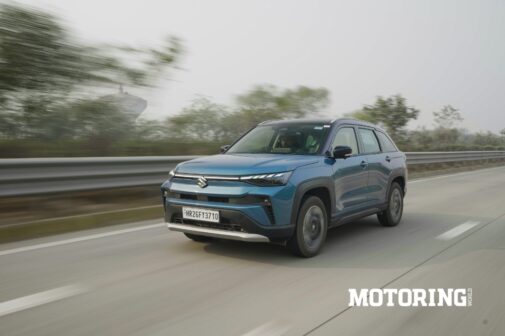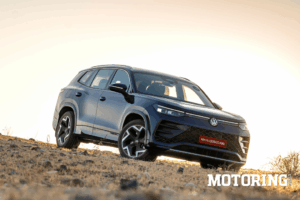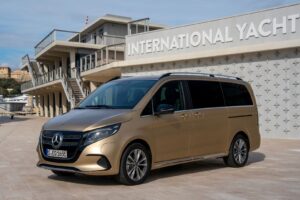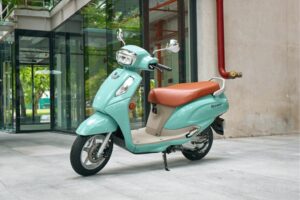In a landmark moment for India’s automotive sector, Maruti Suzuki has commenced exports of its first fully electric vehicle, the e Vitara, shipping the first batch from Pipavav Port in Gujarat to Europe. This strategic move underscores India’s growing prominence as a global manufacturing and export hub for electric vehicles under the ‘Make in India’ initiative. Prime Minister Narendra Modi flagged off the first e-Vitara rollout from the Hansalpur facility, where the electric model is exclusively manufactured for exports.
The initial consignment consists of approximately 2,900 units destined for 12 European nations, including the UK, Germany, France, Norway, Denmark, and Switzerland. This export effort highlights Maruti Suzuki’s ambition to compete in mature EV markets with high safety and emission standards. The e Vitara, produced at the company’s state-of-the-art Gujarat facility, is slated to launch in India in early 2026.
This foray into Europe is part of Suzuki’s global strategy to position India as a key manufacturing base for electric vehicles, leveraging local production strengths and cost efficiencies. The model has already generated considerable interest following preview events in Milan and at the Bharat Mobility Global Expo in New Delhi.
The Indian government has strongly endorsed this initiative. At a recent event in Hansalpur, the Prime Minister applauded Maruti Suzuki’s alignment with the ‘Make in India, Make for the World’ vision. Supportive policies, including the Production-Linked Incentive (PLI) scheme, have been instrumental in building domestic EV manufacturing capabilities, reducing fossil fuel dependence, and strengthening the supply chain.
The Gujarat plant, now equipped for high-volume EV production, is expected to drive job creation and technological advancement in the region. With plans to expand exports to over 100 countries, Maruti Suzuki is not only boosting India’s economic footprint but also challenging established European EV manufacturers in the compact electric SUV segment.





